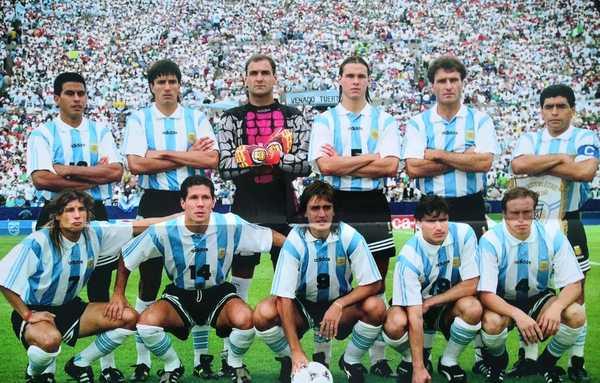The Greatest National Soccer Team: 2008-2012 Spain
Spain’s national team from 2008-2012 revolutionized modern football with their tiki-taka style, winning three consecutive major tournaments while maintaining unprecedented ball possession statistics and tactical dominance.

Spain’s golden generation from 2008 to 2012 stands as the pinnacle of national team excellence in football history. This remarkable squad not only dominated the sport but fundamentally changed how football was played at the highest level.
The team’s tactical mastery was evident in their possession statistics, consistently maintaining over 65% ball control in most matches. During the 2010 World Cup, they achieved an extraordinary feat by controlling nearly 70% of possession in several games, including 64.5% in the final against the Netherlands. This level of dominance was unprecedented in major tournament history.
At the core of Spain’s success was their revolutionary tiki-taka system, pioneered by coach Pep Guardiola at Barcelona and adapted brilliantly for the national team. This possession-based style became so influential that teams worldwide spent years trying to either emulate or devise strategies to counter it. The system’s impact extended beyond just ball control, influencing everything from goalkeeper distribution to high pressing tactics that remain prominent in modern football.
The team’s personnel was equally impressive. Xavi and Iniesta formed perhaps the greatest midfield partnership in international football history, while players like Sergio Ramos, Puyol, and Casillas provided defensive stability. Their attack featured clinical finishers like David Villa and Fernando Torres in their prime.
What truly set this Spanish team apart was their unprecedented achievement of winning three consecutive major tournaments - Euro 2008, World Cup 2010, and Euro 2012. They accomplished this while playing an aesthetically pleasing style that prioritized technical skill and intelligent positioning over physical dominance.
The squad’s influence extended beyond their trophy haul. They established new standards for positional play and ball circulation that transformed football tactics. Modern elements like goalkeeper distribution and high defensive lines can be traced back to innovations from this Spanish team.
Their legacy is measured not just in trophies but in how they elevated football’s technical and tactical sophistication. While other great teams have won multiple tournaments, none have combined sustained success with such revolutionary impact on how the sport is played.
This Spanish dynasty represents the apex of national team football - a perfect synthesis of individual talent, tactical innovation, and collective achievement that reshaped the sport for generations to come.